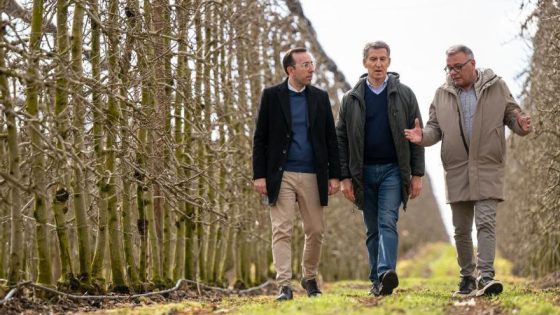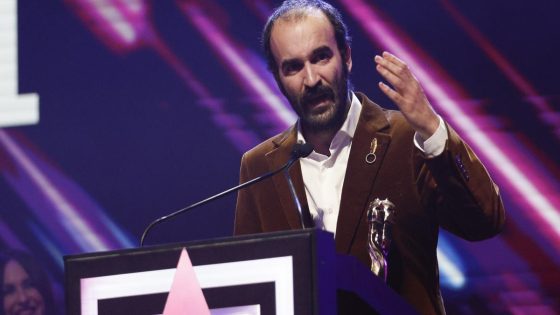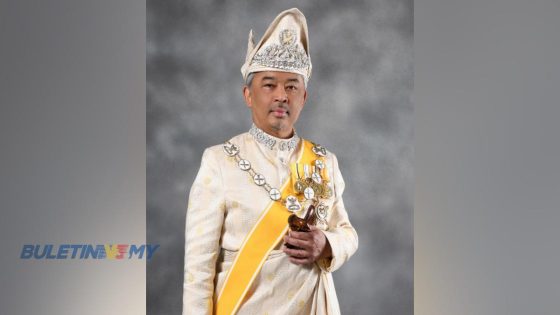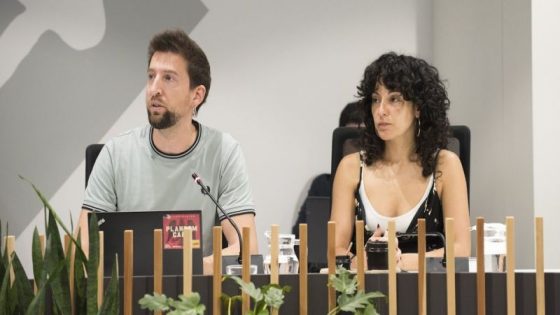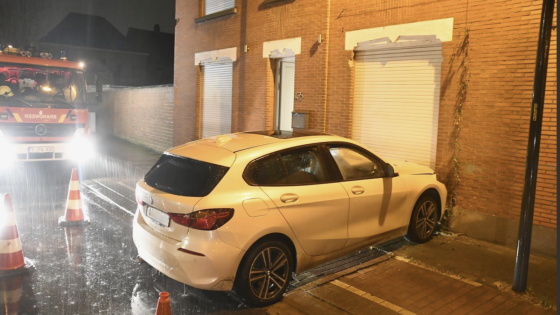On February 13, 2025, PP leader Alberto Núñez Feijóo visited Lleida to support Catalan farmers. This visit coincided with an agreement between the Gremi de Pagesia and the government, which led to the cancellation of planned protests. Feijóo criticized European policies for “criminalizing” the agricultural sector, emphasizing the negative impact of new regulations on farmers.
- Feijóo supports Catalan farmers in Lleida.
- Agreement reached to cancel planned protests.
- Criticism of EU policies affecting agriculture.
- Controversy over taxing minimum wage earners.
- Feijóo promises to exempt minimum wage from taxes.
- Government partners express dissatisfaction with tax policy.
Feijóo’s Visit to Lleida Highlights Agricultural Concerns in Spain
Why are agricultural policies causing such a stir in Spain? During his visit, Feijóo expressed solidarity with farmers, pointing out the challenges they face due to government regulations. He stated, “Every new European rule cancels out two previous ones,” indicating the overwhelming burden on the agricultural sector.
Taxation of Minimum Wage: A Controversial Decision in Spain
Feijóo’s criticism extended to the government’s decision to tax the minimum wage, which has recently been increased to €1,184 per month. He labeled this move as “populist” and accused the government of prioritizing tax revenue over ethical considerations. This has led to a divide among political parties, with even some government allies expressing discontent.
Key Points About Feijóo’s Stance on Minimum Wage Taxation
Feijóo’s remarks raise important questions about the implications of taxing the minimum wage:
- He argues that taxing the minimum wage is unprecedented and unethical.
- Feijóo promises to reverse this policy if elected.
- His criticism resonates with concerns from various political factions.
- The debate highlights the tension between fiscal policy and worker rights.
The Broader Impact of Agricultural Policies in Spain
The agricultural sector is vital to Spain’s economy, yet it faces numerous challenges. Feijóo’s visit underscores the need for policies that support farmers rather than hinder them. As European regulations evolve, farmers are increasingly concerned about their livelihoods.
In conclusion, Feijóo’s visit to Lleida not only highlights the struggles of farmers but also opens up a crucial dialogue about wage taxation and government policies. As this debate unfolds, it will be interesting to see how it influences both Spanish and broader European economic discussions.



